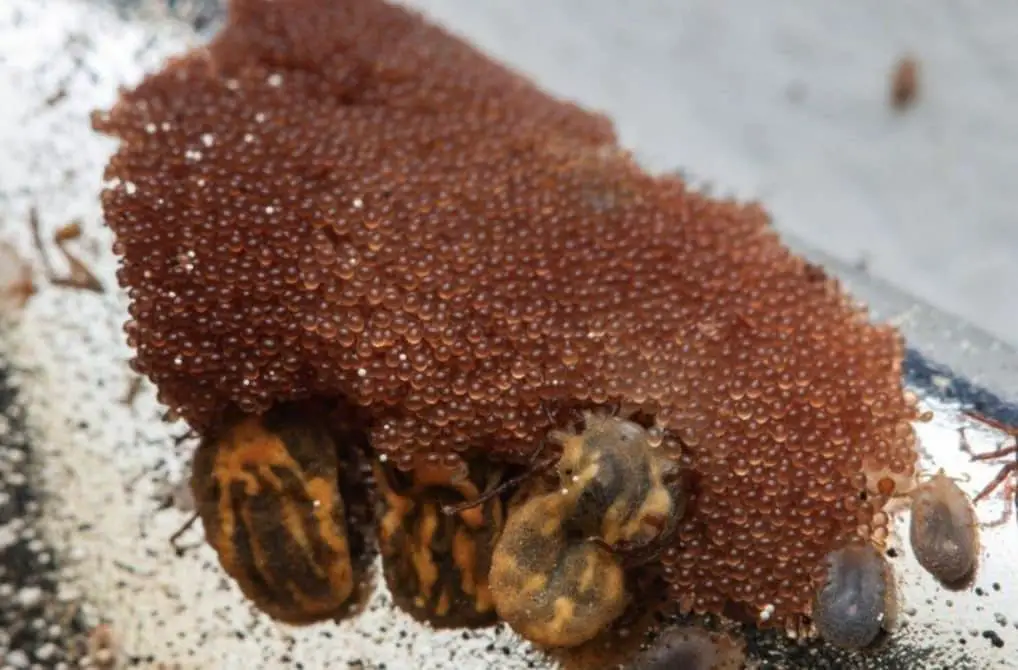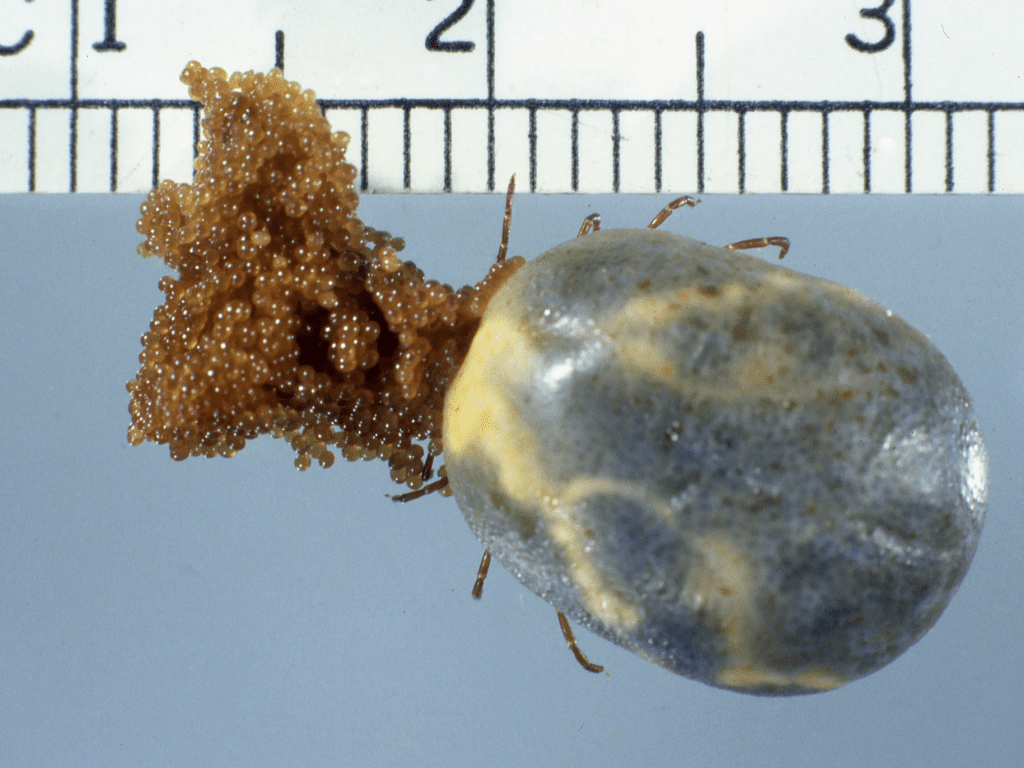In every home, the occasional uninvited guest is inevitable. No, we’re not talking about peculiar humans lurking in your crawlspace—though that sounds like a plot twist you’d want to avoid. Instead, we’re discussing the tiny invaders that seem to find their way inside: troublesome insects. From ants marching across your countertops to spiders spinning intricate webs in forgotten corners, these critters are an annoying, albeit natural, part of life.
But some insects cross the line from annoying to downright alarming, and ticks sit at the top of that list. These parasites are more than a nuisance—they’re a legitimate health hazard. If the thought of ticks makes your skin crawl, learning to identify their eggs and understanding how to get rid of them can be your first line of defense.

Why Ticks Are the Worst Houseguests
Let’s be honest—no one likes ticks. They’re sneaky, clingy, and come with a suitcase full of diseases like Lyme disease and Rocky Mountain Spotted Fever. Unlike ants or spiders that mostly stick to their business, ticks actively seek out hosts to latch onto. Worse, a single female tick can lay thousands of eggs, making them a potential ticking time bomb in your yard.
If you want to keep your home and lawn safe, recognizing tick eggs and knowing what to do about them is crucial.
How to Spot Tick Eggs: What to Look For
Tick eggs are incredibly tiny, often measuring just 0.5 millimeters in diameter—roughly the size of a poppy seed. Because of their size, spotting them with the naked eye can be tricky. However, if you know what to look for, they’re not impossible to find.
Key Characteristics of Tick Eggs
- Shape: Typically oblong or pear-shaped.
- Color: Initially translucent, they may turn light brown or pale yellow as they mature.
- Texture: Eggs are smooth and glossy, especially when freshly laid.
- Location: Clusters are usually found close to the ground, often attached to leaves, plants, or other low surfaces.
Tick eggs are often laid in protected areas such as dense vegetation, under leaf litter, or near woodpiles. This ensures they remain hidden while waiting to hatch into a new generation of ticks.
What to Do If You Find Tick Eggs
The moment you spot what appears to be a cluster of tick eggs, it’s natural to feel a surge of panic. But don’t worry—acting swiftly and safely is key.
Steps to Take:
- Confirm the Identification:
Before jumping to conclusions, consult a local pest control expert or veterinarian for confirmation. Misidentifying the eggs could lead to unnecessary actions or overlooking the real problem. - Handle with Caution:
Avoid touching tick eggs with your bare hands. Use gloves or tools to carefully remove the eggs and place them in a sealed plastic bag. - Dispose of the Eggs Safely:
Once removed, either burn the eggs (safely, of course) or dispose of them in a tightly sealed trash bag to ensure they don’t hatch. - Treat the Area:
Consider applying a pesticide to the affected area. Opt for natural tick repellents whenever possible, or consult a pest control professional for safe chemical options.

How to Maintain a Tick-Free Yard
Prevention is always better than cure, especially when it comes to ticks. Here’s how to create an environment that’s inhospitable to these pesky parasites:
1. Groom Your Yard Regularly
Ticks thrive in overgrown vegetation and damp, shady areas. Keeping your lawn neatly trimmed and removing leaf litter can drastically reduce their hiding spots.
2. Avoid Tick-Attracting Plants
Deer-friendly plants like hostas, azaleas, and tulips can inadvertently attract ticks. Instead, consider landscaping with tick-repellent plants such as chrysanthemums, mint, lavender, and rosemary.
3. Manage Woodpiles and Mulch
Ticks love damp, dark places to lay eggs, so keep woodpiles elevated and stored in dry areas. Avoid using too much mulch in garden beds near your home, as it provides an ideal environment for ticks.
4. Use Natural Tick Repellents
Essential oils like cedarwood, eucalyptus, and peppermint are natural deterrents. Spraying these around your yard can help keep ticks at bay.
5. Create Barriers
If your yard borders wooded areas, consider creating a barrier of gravel or wood chips to keep ticks from migrating onto your property. This simple step can make a big difference.

Why Tick Prevention Matters
A tick-free yard isn’t just about avoiding bites—it’s about protecting your health and peace of mind. Tick-borne diseases are serious, and the risks increase exponentially when eggs are allowed to hatch and grow into a full-blown infestation.
By taking proactive steps, you can ensure your home and yard remain safe and enjoyable for everyone, including pets.
Final Thoughts: Knowledge is Your Best Defense
Ticks are some of the most unwelcome houseguests imaginable, but you don’t have to let them take over your home or yard. By learning to identify tick eggs and implementing effective prevention strategies, you can stay one step ahead of these pesky parasites.
So, the next time you’re out in the yard, keep an eye out for those tiny clusters of tick eggs. A little vigilance now can save you a lot of trouble later. And if this information gave you goosebumps (or newfound confidence), share it with your friends and family—they’ll thank you for it!





